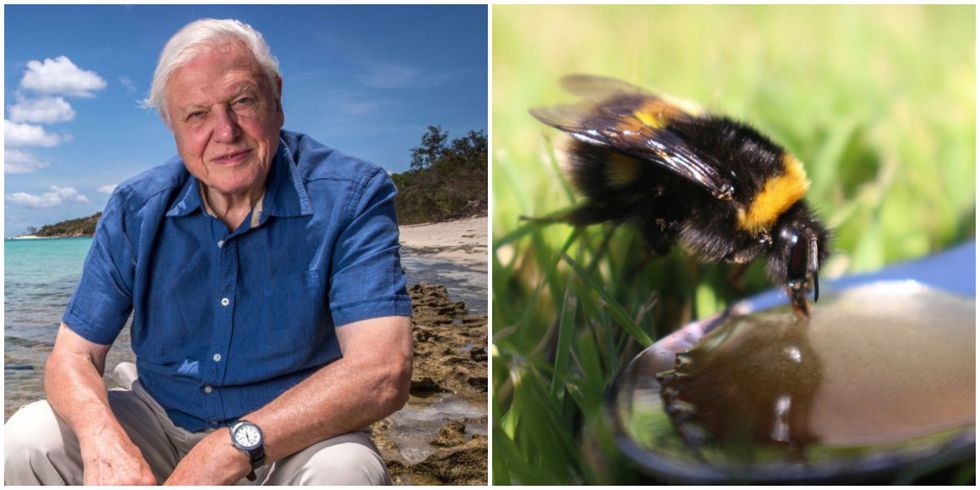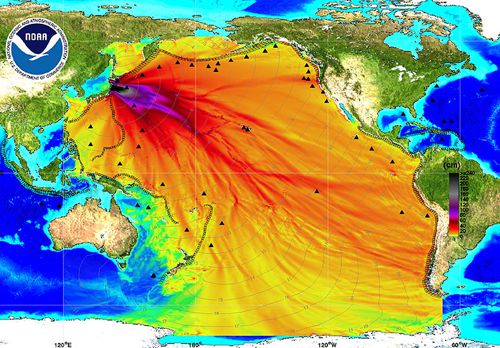Part of the rigmarole to a prestigious school’s 11+ entrance exams was to keep up to date with current affairs in The Times and Economist. The principle was to improve my conversing by informing thereby enabling me to hold my own in discussions, whatever the subject broached. These simplistic motivations overlooked the indoctrination that was going on all this while. What I was reading shaped the way I see things today. Things that are in constant flux. Naturally there is bias in the mainstream and alternative medias, so varying my reading between different approaches should account for this.
What they failed to mention was how stunting this would later prove to be. This non-introspective consumption of endless news and events from around the world did improve my grasp of the English language, but it also served to make me absorb information as it was presented to me. I wasn’t being trained to filter the wheat from the chaff. The good from the bad. What I was left with was largely swathes of useless information and a mindset that this was the way to become smarter.
Wind forward to the modern day, we spend a great deal of time exposed to media, whether through Snapchat, Instagram, Facebook, email newsletters and articles. It doesn’t lend us to question what we are told, read or see with much independent scrutiny. Our eye for scepticism is rather rusty.
Take the plea from ABC Australia that told the general public Sir David Attenborough’s message was to put out water and sugar solution to save the bees, or else we all perish.

This was later debunked by beekeepers and the man himself, with the BBC demanding Facebook take down the fake news. Other instances have been doctored or are just factually inaccurate, as the war photos in Syria and Yemen showed.

An undiscerning public, subject to incorrect news, influences our general narrative, and not always for the best. Fear-mongering spreads rapidly on social media sites, as the online panic over the alleged news of nuclear radiation traces found in sea life off the coast of California from the Fukushima plant displayed.

Even if a handful of readers were more in tune with reverse image searching on Google to fact check themselves before they shared, or perhaps a modicum of understanding on radiation dispersal they would know this was factually inaccurate.
The reality is we spend a great deal of our days exposed to media in its various forms. This makes a case for responsible consumption. We pay different media stories and breaking news differing levels of attention, but we should be conscious of the messages it sends our way.
If we are uninitiated and simply share or comment without thinking about the story, we are only acting as mindless, automaton vessels to share and disseminate the narratives of forces that be, pushing whatever agendas they may have – or just shoddy journalism cashing in on smear.
Media is a reflection of society; but, this works both ways.
I just cannot state strongly enough how totally dishonest much of the Media is. Truth doesn’t matter to them, they only have their hatred & agenda. This includes fake books, which come out about me all the time, always anonymous sources, and are pure fiction. Enemy of the People!
— Donald J. Trump (@realDonaldTrump) August 30, 2018
How do we work to dispel and debunk?
To address this, one should be aware of ideologies that underlie the media. Awareness distinguishes the imposition of false norms from a narrative we can glean useful information from or at least reflect reality. Critiquing the outputs allows us to break away from the partial and adhere to better quality journalism. Not taking things at face value and also giving yourself time away from media enables creative thinking and introspection where great ideas are generated. We have more time as we are not bogged down in the drivel of woe betide that is fed to us daily, and allows us to be critical with what others around us are sharing direct from the prescriptive agendas that be.
I believe my learning would have benefited substantially from media literacy and critical thinking in my formative years. Treading carefully, fact checking and deploying reason and logic to assess whether what we are presented with is reality. Teaching early prevents mindless consumers of media who don’t question what they hear or see. Without critical thinking and time away from the pessimism that drives the news, society will continue to perpetuate harmful stereotypes and prevailing dominant norms because they don’t know otherwise.
If before we were mere passive audiences, to the people with the power, to feed news outlets with the stories they wanted us to hear, we can now counteract these with the tools at our disposal – cynicism, reason, the internet, alternative news outlets for comparison, and the ability to fire a quick email to an expert to corroborate the findings. We can now tell and promote our own stories. Ones that used to be unheard and unknown can now gain the attention and reach they deserve at the click of a button.
And maybe we can recapture some semblance of perspective – that we can give a civil war, a mass pollution event or heart lifting story that had been swept under the rug the exposure each deserves. As opposed to some insufferable fake news or a celebrity breakup scandal dominating our headlines. A loss of trust that has arisen from the uncertainty muddying the waters between plausibility and gullibility.
Whether spam or politically-motivated agendas with catchy headlines, juicy stories sadly have little concern for the truth beyond tricking some uninitiated sod into sharing it.
Let us strive instead toward some better selves, wherein veritas vos liberabit ‘the truth shall set you free’ prevails triumphant.


